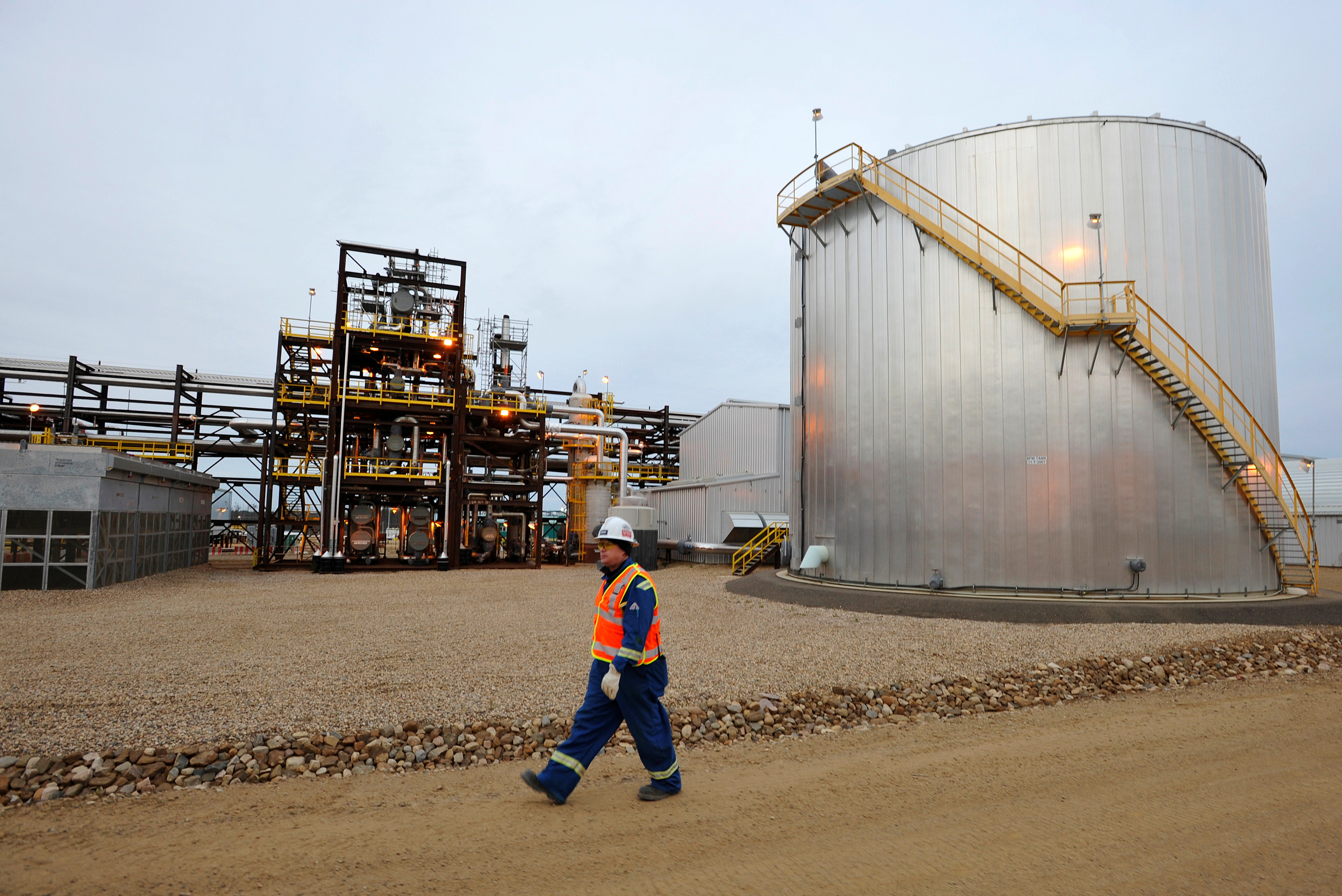Resource-Rich, Canada Grapples With Key Commodity Shortage: Workers
CALGARY, Alberta, Nov 5 (Reuters) – Canada’s economic recovery from the pandemic is being hampered by labor shortages across industries ranging from energy to aviation to agriculture, forcing companies to consider multiple salary hikes and offer other perks.
Statistics Canada data on Friday showed the national unemployment rate hit a 20-month low in October. The shortage of skilled and unskilled workers threatens to hurt economic growth and fuel inflation, which is already at an 18-year high.
“Talent is an issue in every sector, at every level of the value chain, in every part of the country, and there’s no silver-bullet-fix at hand,” said Leah Nord, a senior director at the Canadian Chamber of Commerce.
Industry groups blame the shortage partly on COVID-19 unemployment benefits that alleviated the need for some people to work, and increased demand for better work-life balance among younger workers as older employees retire.
One solution, companies say, is to raise the numbers of temporary foreign workers. The federal government and several provinces are working on possible changes that would shorten the process to bring such workers to Canada and raise the maximum number of temporary foreign workers allowed to work per facility, said Richard Vigneault, spokesman for Quebec pork producer Olymel. The company is looking for 3,000 workers to add to its 14,000-member workforce, he added.
In the energy services sector, which is entering its busiest time of year as the winter drilling season gets underway, a shortage of labor has propelled firms to boost wages 10% since June, according to the Canadian Association of Energy Contractors (CAOEC).
To attract workers, companies are also offering more flexibility in the hours they operate.
Canada’s oil and gas sector contributes about 5% to national GDP and CAOEC Chief Executive Mark Scholz said the labor crunch could leave companies unable to capitalize on soaring energy prices.
Precision Drilling (PD.TO), Canada’s biggest rig contractor, is offering referral bonuses and incentives to recruiting teams to help address worker shortages, CEO Kevin Neveu said.
“I’ll tell you, it’s a big challenge right now,” Neveu told a third-quarter earnings call.
Suzanne Benoit, president of aerospace trade group Aero Montreal, said some Canadian companies are considering whether to raise salaries twice in the same year to retain workers.
“They feel obliged, or the people will leave,” Benoit said on the sidelines of the organization’s recent supply chain summit in Montreal, the country’s aerospace hub.
“It’s a perfect storm in the sense that there is inflation, a shortage of workers and the aging of the population,” she added.
The agriculture sector has long struggled to hire enough workers to pick fruits and vegetables. But this year is also seeing shortages of butchers and truck drivers, said Debra Hauer, manager of labor market intelligence at the Canadian Agricultural Human Resources Council.
Staffing shortages may improve as the government transitions people off its main emergency income support program and onto traditional unemployment benefits.
But some sectors could see extended shortages, including in the oil sands’ next maintenance season in early 2022.
“There are just not enough people to go around,” said Hugh MacDonald, business manager for the Boilermakers Lodge 146 union in northern Alberta. “Next spring, I don’t know what we’re going to do.”

No comments:
Post a Comment